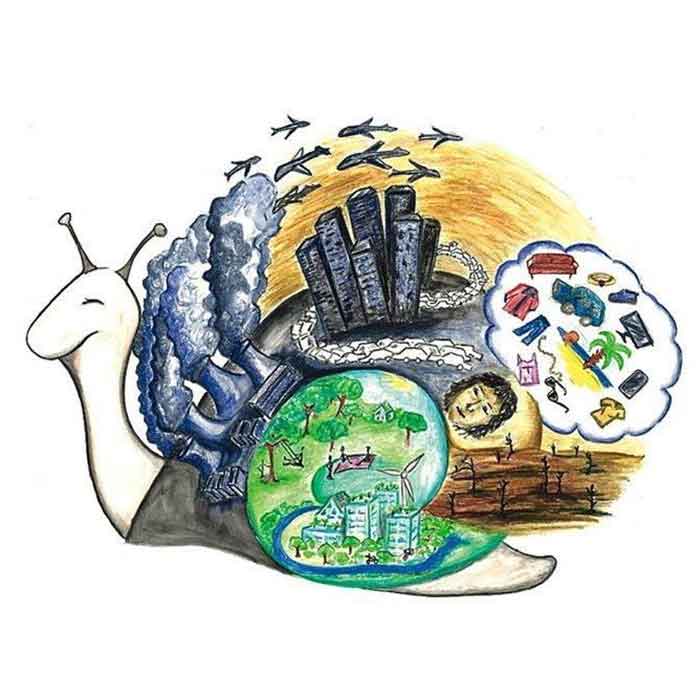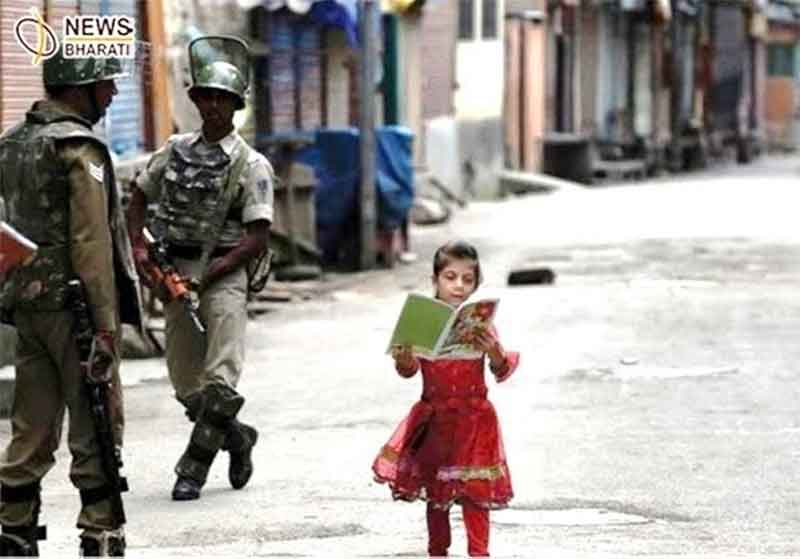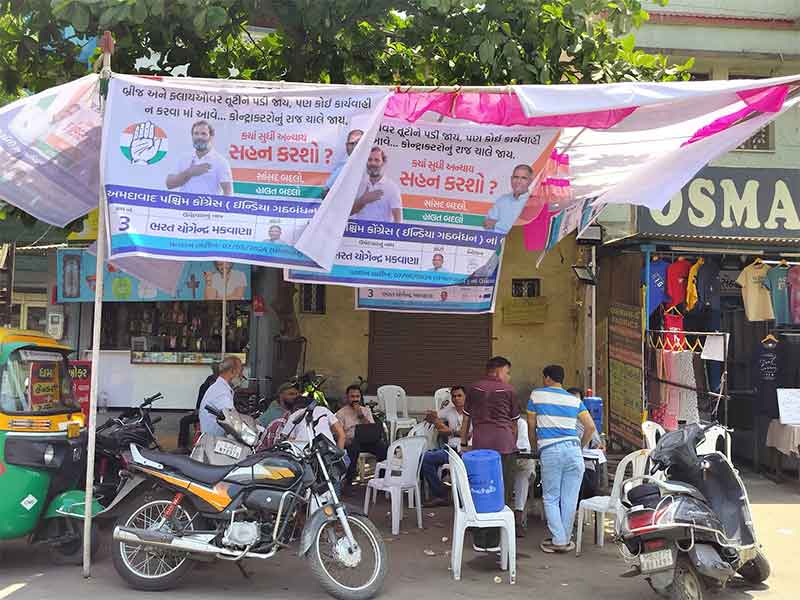
Across the world, when there is a conflict, women become easy targets of hate and humiliation. Throughout history, be it the Partition or the Bangladesh Liberation Movement, women have been kidnapped, raped, and publically humiliated – and the numbers are shocking. At least 83,000 women were victims of sexual abuse during the Partition and anywhere between 200,000 and 400,000 Bengali women were sexually assaulted in the Bangladesh war.Pramila Patten, the United Nations Secretary-General’s Special Representative on Sexual Violence in Conflict, said, “Too often have the needs of women and girls in conflict settings been side-lined and treated as an afterthought.”
This is evident in Afghanistan, where the rights of women and girls have been violated since the Taliban takeover in August 2021. The number of child marriages and marital rapes has dramatically increased since the Taliban took power, according to an Amnesty International report published in July of last year. The report was based on interviews with over 100 women, girls, staff members at detention facilities, experts, and journalists. The authorities promised the survivors of domestic abuse safety, but all they got was a prison sentence. The women who peacefully demonstrated suffered abuse and assault.
Women have long been subjected to abuse in Myanmar. Rape, sexual assault, and abuse of Rohingya Muslims were commonplace in 2017 when the Myanmar military launched an offensive against them. Nearly 740,000 Rohingyas, who are primarily Muslims, fled into Bangladesh, their neighbour. The UN investigators claimed that the military executed massacres and prepared women for sexual assault. This is a tactic used to instill fear and anxiety in men’s minds about their wives, daughters, sisters, and mothers during times of civil unrest and ethnic conflicts. Widespread violence against women persists under the junta that took over in February 2021 after staging a coup. The Women’s League of Burma (WLB), a women’s rights organisation, has registered over 100 cases of gender-based and sexual violence related to conflicts; however, this number is probably just the beginning. According to a report in The Guardian, women who are unable to pay bribes are sexually assaulted and gang-raped by soldiers. Human rights advocate Naw Hser Hser told the UN last week that the military’s “modus operandi” is to use sexual violence against civilian populations.
Ethiopia’s situation is not all that different. The majority of genocide researchers and human rights organisations claim that sexual violence is being used as a weapon of war in Tigray by both Ethiopian and Eritrean forces. Observer Research Foundation report: Most victims say they were being abused because of who they were and because someone felt the need to “cleanse” them.
During the Manipur conflict, the shocking video of the two women surfaced on the internet. The two women survivors in their 20s and 40s are from the hill district of Kangpokpi, which is dominated by the Kuki-Zomi community. In a video, they are seen being paraded naked by a mob of men down a road. Some can be seen groping the women, as they are dragged towards a field. The attack happened on May 4 in the Thoubal district, and on May 18, in the Kangpokpi district, a zero First Information Report was filed. The FIR contained accusations of murder against unidentified miscreants, gang rape, and kidnapping.
The women claimed in their complaint that after their village was attacked, they took refuge in a nearby forest. After the cops saved them and brought them to a police station, the mob took them out of custody. Yet the first arrest came only after the video went viral. While there is no end to tension and the Kuki-Zomi people continue to be targeted, it’s their women who are the most vulnerable. India has also witnessed the use of sexual violence against women of minority, dalit, bahujan and adivasi communities during Gujarat Riots of 2002, 2013 Muzaffarnagar riots etc.
In Sudan, rape is being used as a weapon of war more and more, but nobody is talking about it outside of Sudan. The paramilitary Rapid Support Forces (RSF) are the primary perpetrators, according to the UN Human Rights Office in Sudan, which has attempted to sound the alarm. Up to 20 women are said to have been assaulted in one case that was mentioned. Due to power outages and Internet outages it is difficult to determine the precise number of sexual assault victims—many of whom suffer in silence. However, RSF fighters have been blatantly bragging about their offences on the internet. In a disturbing video, a militia member claims that rape is something he and the other RSF fighters should be allowed to do because Sudan is theirs and they should have the right to anything in the nation. Evidence of this kind ought to be presented in a future war crimes court.
In ethnic clashes like the one in Manipur or wars like Sudan, the safety of women becomes the last priority. Conflicts hurt girls and women more than most other populations. As we are seeing today, rape is a tool used to terrorise and degrade. Because the justice delivery system is in disarray, the abuse is opportunistic and frequently systemic. Cases are rarely reported, which simply serves to highlight how elusive justice is. The women are the only ones who still endure suffering.
Naveen Prasad Alex is a master’s student in biological sciences at the University of Turku, Finland. He is a Junior Fellow of the New York Academy of Sciences and has authored two books in Malayalam. He is also passionate about Anti-caste movements, Anthropology and politics.








































